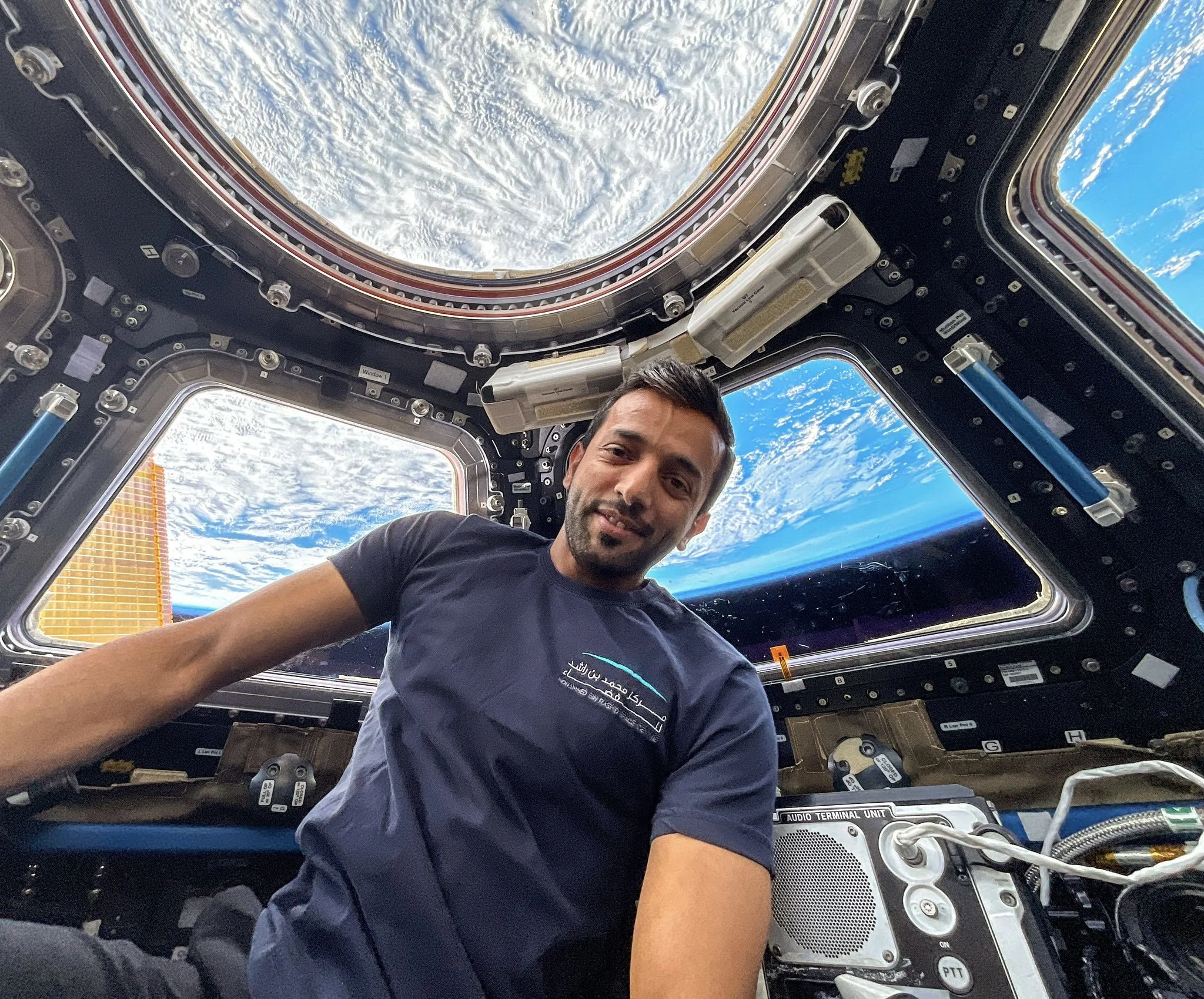Produced in collaboration with Dubai Municipality, for the World Government Summit 2019.
Feb 2019 | PDF | 56 pages | English
DUBAI MUNICIPALITY
Rethinking Cities of Tomorrow: Human-Centric Approach
The city is a space of promise and peril, community and individual. For much of human history, cities have been the nexus point for social, cultural, and economic trends.
We stand at an inflection point in the story of cities. More people arriving in cities every day: 58% of the global population now live in urban areas. Technology continues to accelerate. Internet-enabled sensors, autonomous vehicles and high-speed networks are rewriting the rules of urban management and planning. Meanwhile, global climate change presents new challenges for resource management and protection of citizen wellbeing.
The urbanism of the previous century that prioritized efficiency in urban design and development to promote productivity growth, no longer seem sufficient to ensure the long-term sustainability of cities.
In this report, we examine the rise of a new urban model — the human centric city — its origins in Western cities led by Scandinavia, its new relevance for the rapidly developing cities of the emerging world, and the leadership position that rising global capitals such as Dubai are pursuing to define a new paradigm of human-centric urbanism for the future of cities.
CHAPTERS FROM REPORT
PROJECT BRIEF & DELIVERABLES
Dubai Municipality approached Xische Reports to examine historical context and early leaders in human-centric urbanism.
Our research team studied the influence of current trends such as smart technology on urban planning, analyzed impact of urban planning decisions on human wellbeing, and developed a framework of principles for Dubai’s position as leader of a new human-centric paradigm for cities of the emerging world — in line with the Dubai Urban Plan 2040.
We then translated the report into a scripted and produced keynote address for His Excellent Dawoud Al Hajri, Director General of Dubai Municipality at the World Government Summit 2019. Video link above.




















